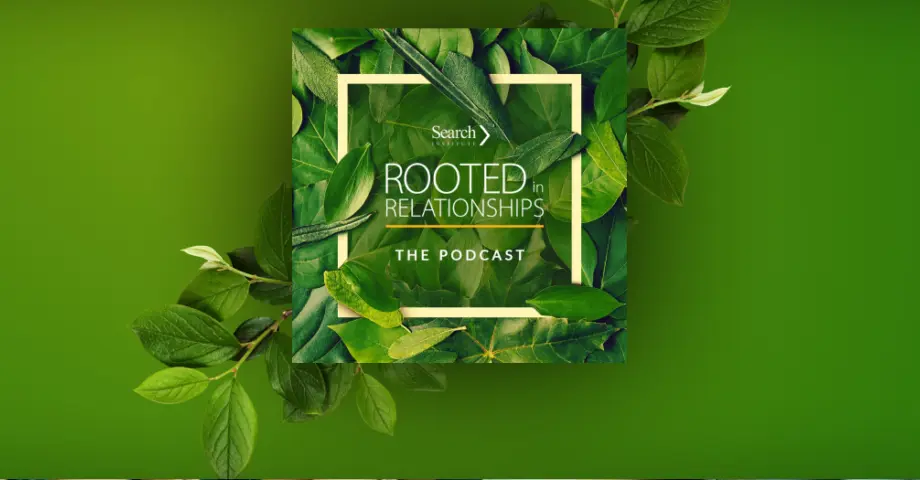
So You Think You Can Listen?
So You Think You Can Listen: Paying Attention to Express Care is a 30-minute activity where participants take turns sharing about themselves. The rest of the participants then take turns sharing positive words about the person who is sharing.
We know from our research that words of encouragement are foundational for building care in a relationship. This is a fun, fast-paced, and often loud activity where participants answer the following questions:
What are you proud of?
What do you love to do or learn about?
What is an obstacle you have overcome?
If you had a million dollars, what would you do with it?
What is something you’d like to accomplish in the future?
Planning and Preparation: This 30-minute activity works with any group size; works best with at least eight participants. You will need paper, masking tape, markers, and a timer (or phone with a timer). This activity is fun, fast-paced, and often loud, so if your group has members with sensory sensitivities, consider giving them a role as timekeeper.
Developmental Relationship Element: Express Care.
CASEL Competencies: listening, giving/receiving feedback, communication, social awareness, relationship skills.
Objective: Build and strengthen relationships among participants and between participants and leaders. Deepen understanding of Express Care within Search Institute's developmental relationships framework.
Activity
So You Think You Can Listen?
Resource Audience
Resource Type
Read Time
Participants
# of Participants
Task Group Size
Task Length
More Activities to Build Strong Relationships in Your Classroom or Group

Activity
Collaborative Decision-Making | Assessment and Homework
Student Voice, Collaborative Decision Making: Assessment and Homework

Activity
Map of Community Connections
Draw a map of your connections to the broader community, starting with you at the center.

Activity
Co-construct a Lesson Plan
Co-Construct a Lesson Plan
Related Resources on Relational Practices

Podcast
Rooted in Relationships: Episode 1.5 Lutheran Social Services
Episode 1.5 - Dr. Peter Samuelson and Karen Kingsley - Strength-based approach to working with opportunity youth

Activity
Mapping Young People’s Web of Support
Help young people identify the people they know who can support them as they work toward their life goals.

Activity
Picture Essay
Student Voice, Picture Essay